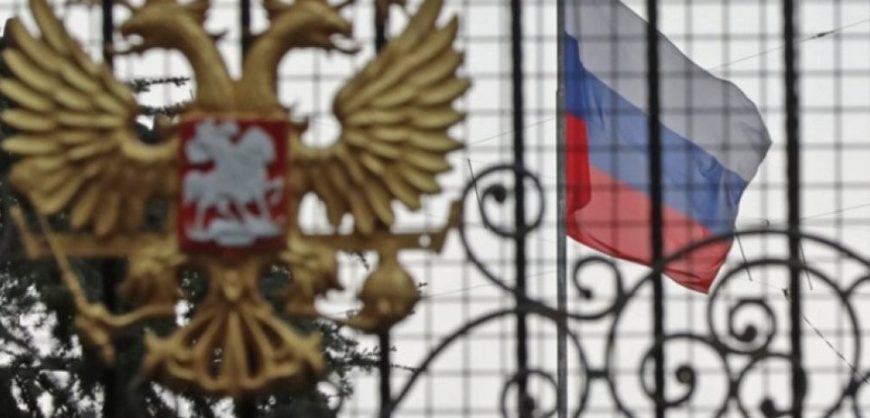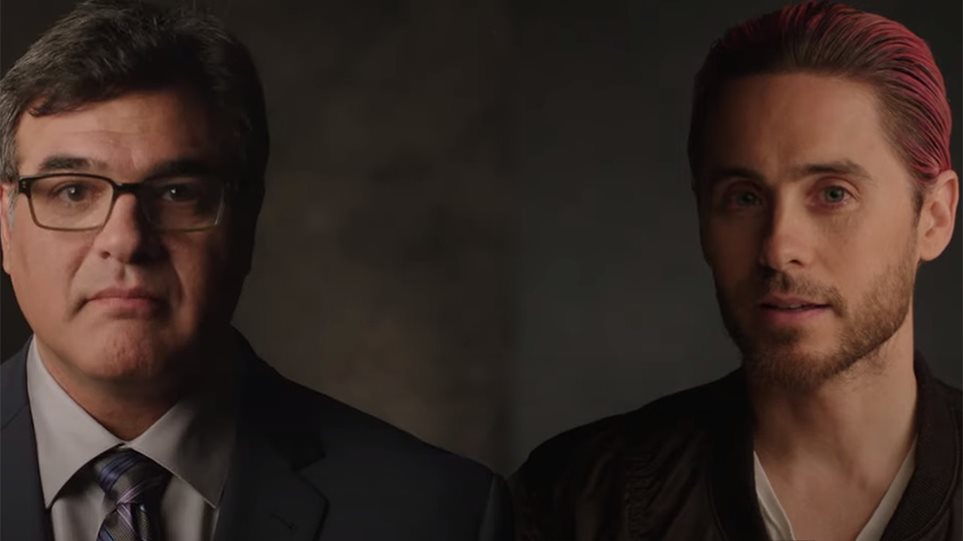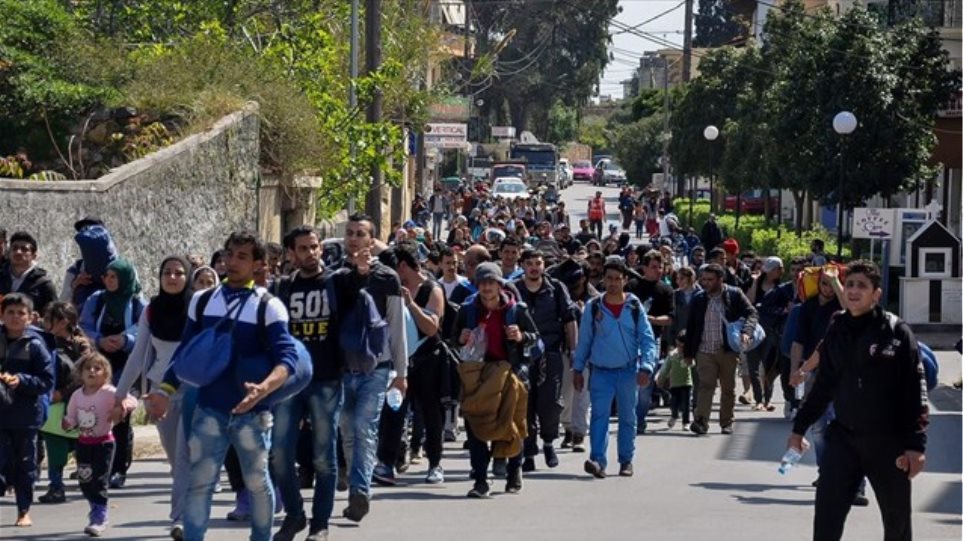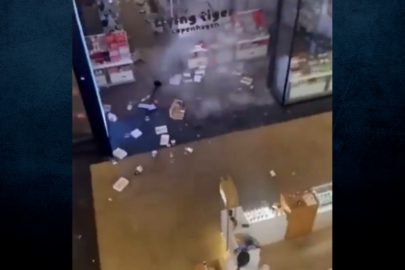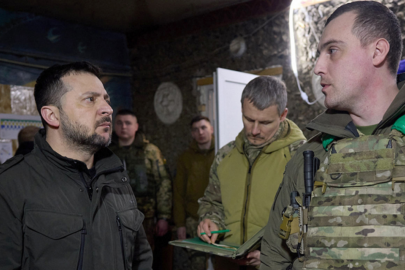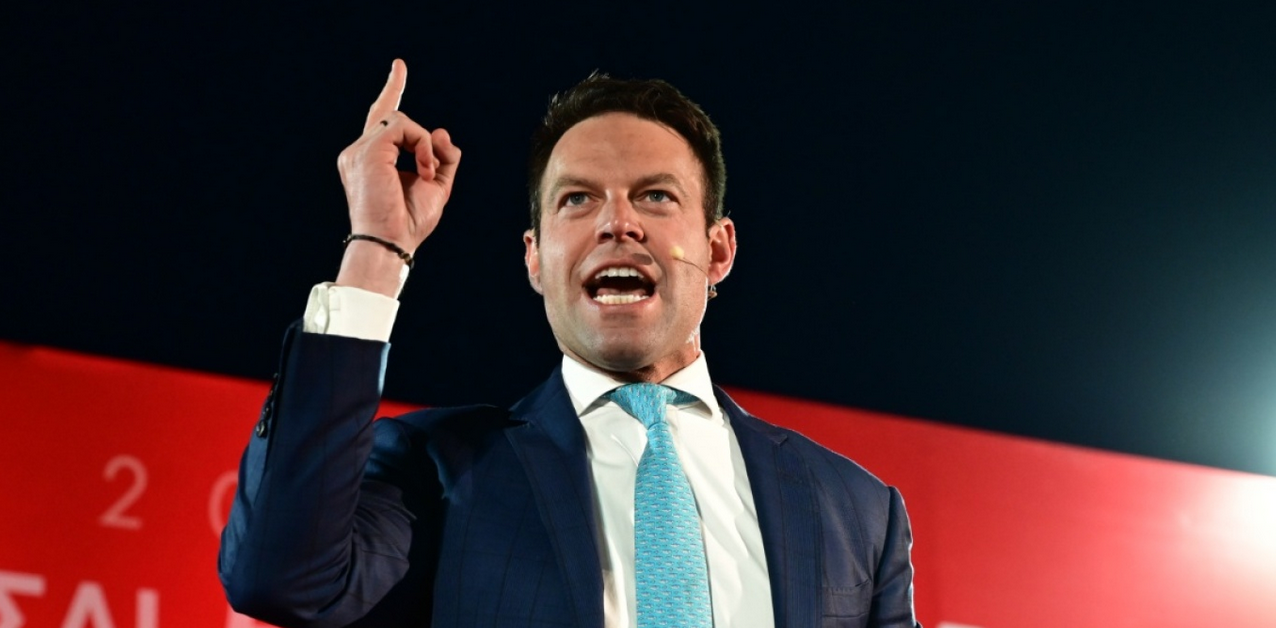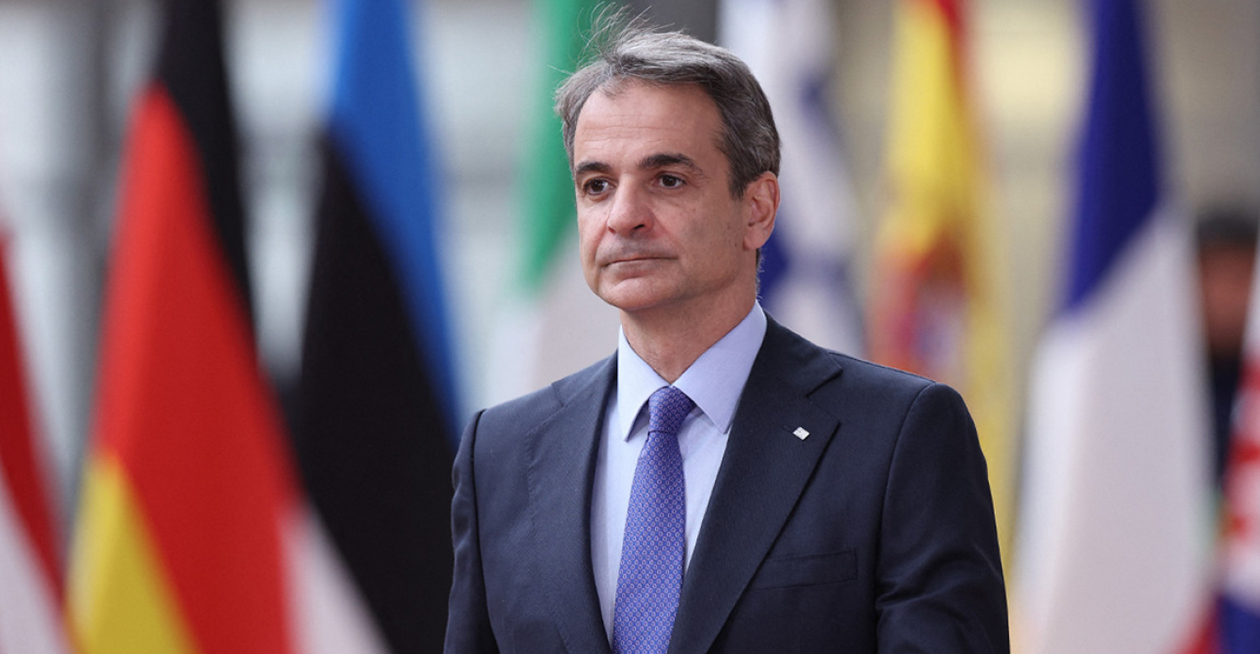It took Belgian intelligence years to decide if a top colonel was spying for Russia, potentially exposing Nato to “grave damage”.
And even if he was innocent, leaked files painted a picture of the Nato and EU host state as a playground for Ferrari-driving spies and shisha-smoking criminals.
Nato has four levels of classification.
The highest one, called “cosmic top secret”, covers information that could cause “exceptionally grave damage” to the Western alliance if it got out, Nato guidelines say.
The Belgian colonel’s “cosmic” security clearance meant, for instance, that he was “au courant with the whole defence policy of our country and those of our Nato allies,” according to one leaked file.
“This is especially valid in the case of the Ukraine conflict and the Atlantic alliance’s policy vis-a-vis Russia. He assists in all the briefings in this area,” the files said.
The colonel knew about “movements of Russian troops in Ukraine” and “the presence of unidentified submarines in Norway”.
He knew about Nato and EU overseas military operations.
And, given how Nato and EU secrets are generally circulated in member states’ IT systems, the colonel had “access to all the messages received and sent by the Belgian army”, the files said.
“It goes without saying that if he does work for the Russians … it would pose a great danger for our country and our allies,” one of the leaked files noted.
EUobserver has not named the colonel because he was never judged to have been guilty.
But he was the subject of multiple suspicious activity reports about his behaviour, filed between 2014 and 2015 in the bowels of Belgium’s homeland security and counter-intelligence service, the Veiligheid van de Staat (VSSE), and seen by this website.
Coronavirus Greece: No new fatalities on Tuesday, 19 new coronavirus cases reported
The VSSE reports were based on several human informants.
They were also based on surveillance operations on some of the suspects’ homes and wire-taps on their phones.
The suspicion revolved around the colonel’s relationship with a Belgian reservist officer in the country’s military intelligence service, the Algemene Dienst Inlichting en Veiligheid (ADIV).
The two men were former army buddies and the colonel was godfather to the reservist’s son.
But the reservist was spying for Russia, Belgian spy-catchers believed.
He was in a diamond and petrol-smuggling gang with a Russian oligarch “close to [Russian president Vladimir] Putin”, a Chechen mobster who was a “close friend” of Chechen governor Ramzan Kadyrov, and a third man, who was a Russian foreign intelligence officer, the VSSE files said.
The reservist even had an American Express credit card that was “fed by a bank account in Chechnya”, a November 2014 VSSE file noted.
And when Belgian counter-intelligence looked more closely, the cosmic-level colonel also appeared to have wealth beyond his means.
Read more: eu observer

